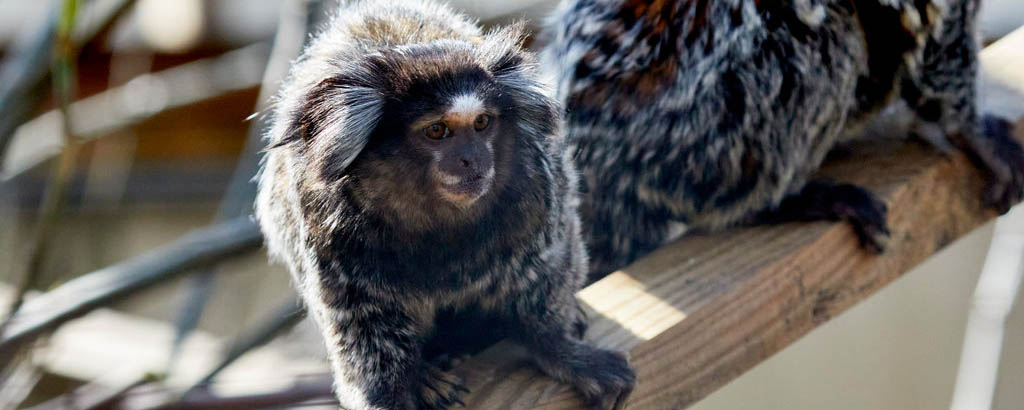- Find a Pet
- Advice and Welfare
- Ways to Give
- Get Involved
- What We Do
- Search
- My RSPCA
- Report a concern
- Gift in Wills
-
Colour modeVivid Calm
- Home
- Advice and welfare
- Pets
- Exotic pets
- Primates kept as pets
Keeping primates as pets
Primates are very intelligent, social, wild animals with complicated needs that can't be met in a home environment. This is why we have long been calling for a ban on buying, selling and keeping primates as pets.
Regulations passed in England in March 2024 mean that primate owners will have to licensed in future, and meet certain conditions. We hope this will bring an end to primates being kept in the poor conditions we currently see.

Here's why primates shouldn't be kept as pets
Primates are not suitable house pets. They need space, companions and mental stimulation, not what you find in someone's living room.
Here are some more reasons why primates don't make good pets:
- They're potentially dangerous – while they might look cute, they can become aggressive when they mature and have been known to bite and attack their owners.
- Monkeys like marmosets scent mark extensively, spreading their musky smell everywhere.
- They need a specialist diet – metabolic bone disease (rickets) is a common, debilitating and painful health problem in pet primates, and it's caused by poor diet and/or lack of UV-B light. Whatever a breeder may tell you, primates need specialised diets and access to the outdoors.
- Health problems – primates need specialist vets, which can be expensive and hard to find. Diseases can also spread between primates and humans. Herpes and measles can be fatal to primates.
- They need their family and primates must be reared by their mothers, as removing them too early in an attempt to 'tame' them causes extreme suffering.
- Primates need to be with other primates – they’re highly social animals, and keeping them alone is inhumane. Human company is in no way a replacement for living with other compatible primates of their own kind.
-
Some species of primate can live for 20–40 years, making them a serious long-term commitment.
To find out more about why we're calling for a ban on keeping primates as pets, read our Do You Give a Monkey's? report.
Concerned about the welfare of a primate or want to report cruelty?
Please contact us to report cruelty or an animal in distress.



